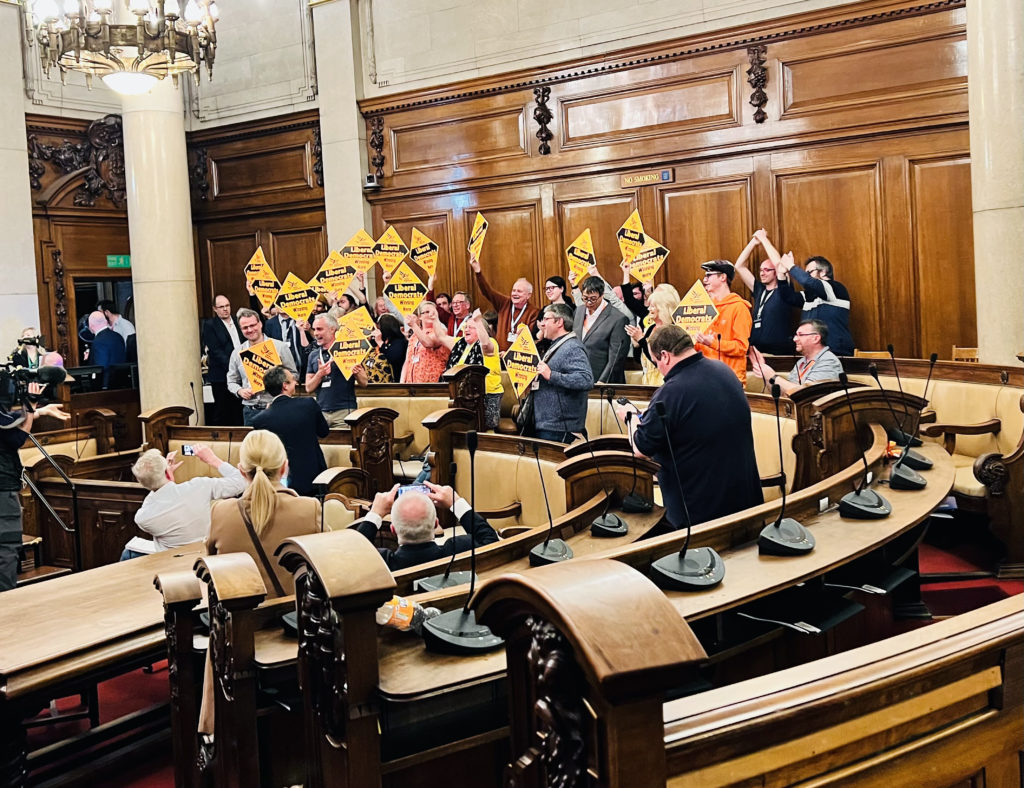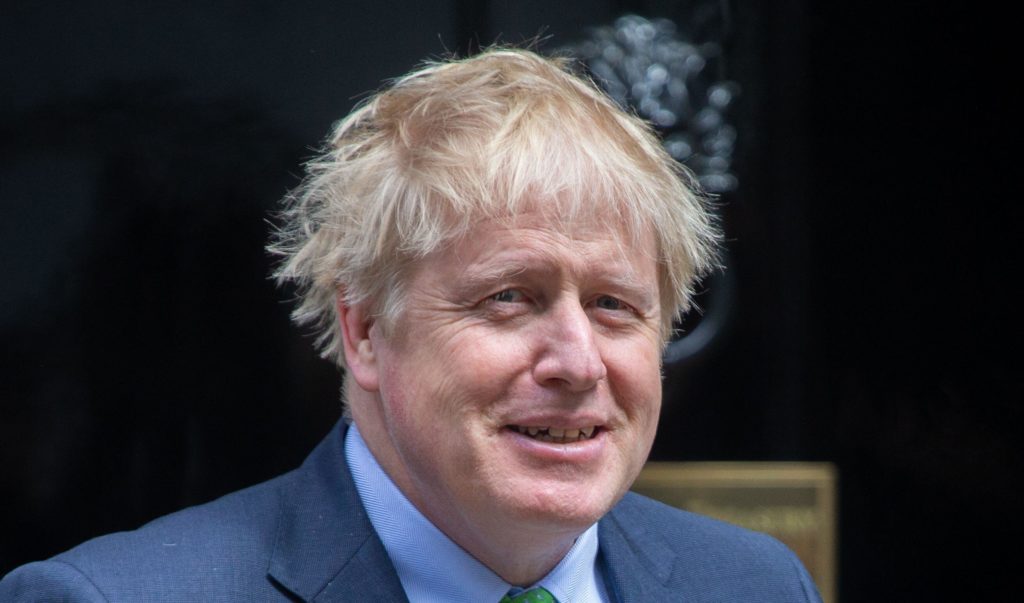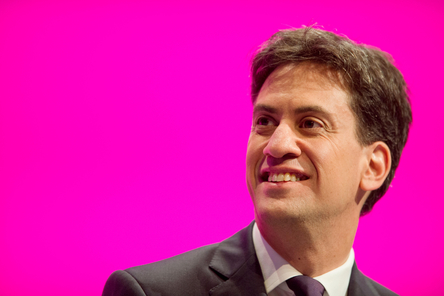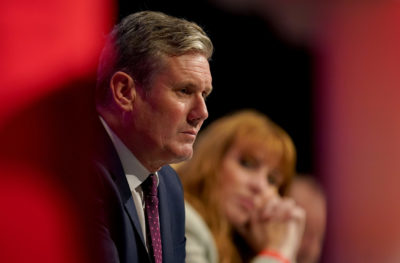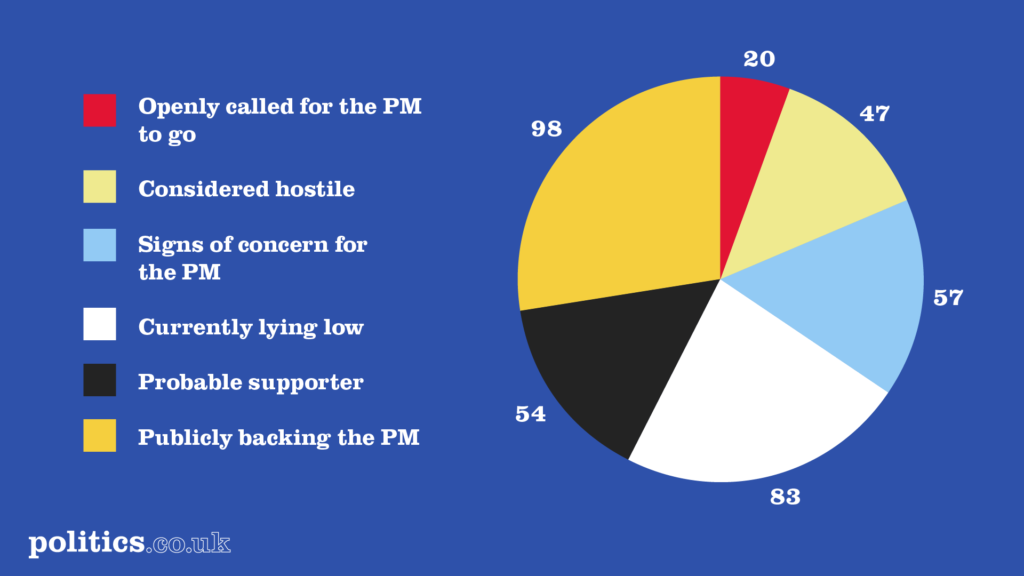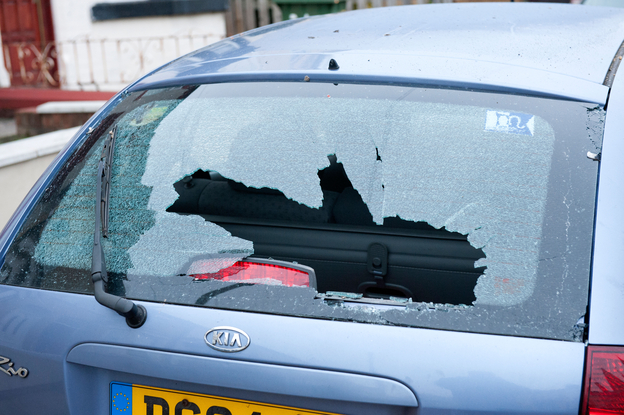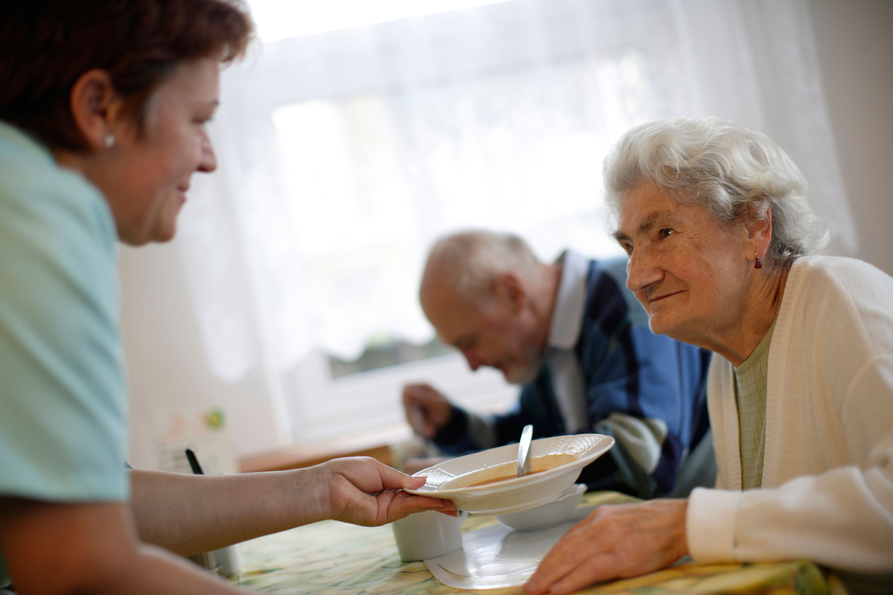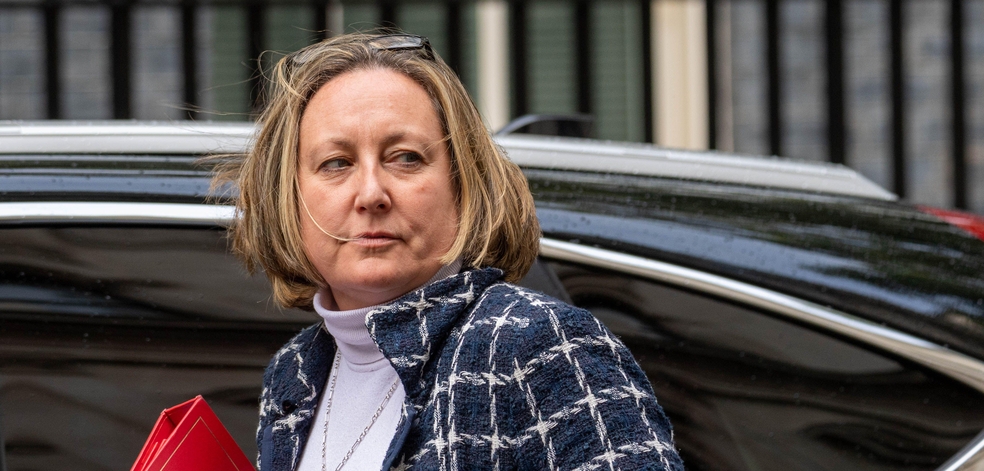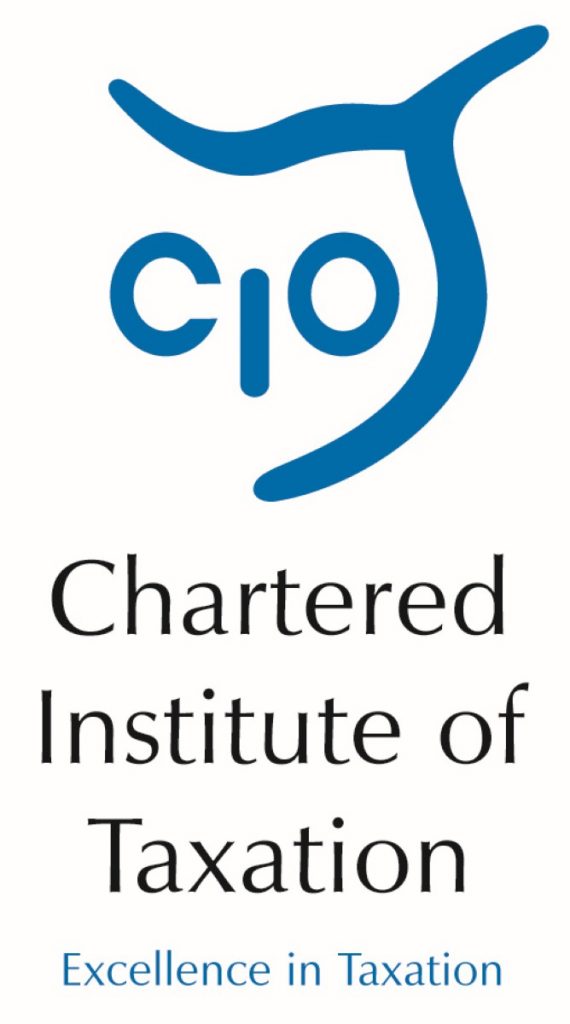Overview
Born on November 28, 1953, in London, Alistair Darling is the son of a Conservative voting engineer and the great-nephew of a Conservative MP.
Despite this background, Darling went on to become a Labour MP in Edinburgh from 1987 to 2015. His most prominent role in government was as Gordon Brown’s Chancellor of the Exchequer from 2007 to 2010. During his time as Chancellor, Darling faced the 2007-2008 Financial Crisis.
Darling later went on to head the ‘Better Together’ campaign which won the 2014 Scottish independence referendum.
Political Career
As a student activist, Darling reportedly distributed ‘Marxist’ leaflets at railway stations, but upon his election to parliament in 1987, he quickly left these more radical left-wing roots behind.
Prior to the 1997 election, Darling was first a member of the Opposition Home Affairs Team (1988-1992), then ‘Opposition Spokesman on the City and Financial Services’ (1992-1996) and, finally, Shadow Chief Secretary to the Treasury (1996-1997).
Following ‘New Labour’s’ landslide win at the 1997 election, Darling was appointed to the Cabinet as Chief Secretary to the Treasury—he held this post until 1998.
Darling is one of only three people to have served in the Labour Cabinet continuously from the 1997 election to the party’s defeat in 2010, the other two being Gordon Brown and Jack Straw.
Before being appointed Chancellor in 2007, Darling held the positions of Chief Secretary to the Treasury (1997-1998), Secretary of State for the Department of Work and Pensions (1998-2002), Secretary of State for Transport (2002-2006), Secretary of State for Scotland (2003-2006) and Secretary of State for Trade and Industry (2006-2007).
What is Alistair Darling doing now?
Darling became a member of the House of Lords in 2015 as Baron Darling of Roulanish. However he retired from the House of Lords in the summer of 2020, citing distance from his home in Edinburgh.
In 2015 Alistair Darling joined the Board of the bank Morgan Stanley, a far cry from the apparent early referenced Marxist leafleting of his youth.
Given his previous residence in Downing Street, in 2021 it was revealed that Alistair Darling had turned down an invitation to join a trust to oversee the refurbishment of Number 10 and 11 Downing Street. Darling is believed to have been uncomfortable with the idea that the project might be privately funded rather than paid for by the State.
Scottish Independence
From 2012-2014, Darling was the Chairman of the ‘Better Together’ campaign, the organisation set-up to campaign to keep Scotland in the Union.
As a prominent figure in the independence debate, Darling compared Scottish independence to buying ‘a one way to ticket to send our children to a deeply uncertain destination’. Darling argued Scotland could have the ‘best of both worlds’, with a strong parliament at Holyrood and a secure place in the United Kingdom.
During the lead up to the independence referendum, Darling took part in two televised debates against then-first minister Alex Salmond. At the time Salmond was said to have performed better in these debates than Darling, but Darling had the last laugh when 55% of the Scottish electorate choose to remain part of the UK.
In the 2021 Scottish Parliament elections, Darling returned to the fray writing to Conservative voters urging them to vote tactically and support Labour’s Anas Sarwar on the regional list ballot.
2008 Financial Crisis
Following a string of big personality Chancellor’s from Nigel’s Lawson and Lamont, to Ken Clarke and Gordon Brown, upon Darling’s appointment, it was believed this string might be broken.
According to commentators at the time, it was suggested that Darling would be something of a ‘yes man’. However, during his three-year stint as Chancellor, Darling never fell in line with those predictions.
In 2007, for the first time since 1860, Britain experienced a run on a bank: Northern Rock. Ultimate responsibility for sorting this crisis soon fell onto the shoulders of Darling. In 2008 Darling warned of the worst financial crisis in 60 years, and he was right. Only a short time later, Lehman Brothers collapsed.
Darling described the ‘scariest moment’ of the resultant financial crash as the hours before he was forced to bail out the Royal Bank of Scotland. In 2018, Darling suggested that prior to this bailout, Britain might have come within hours of ‘the breakdown of law and order’.
During the financial crisis, Darling was a central figure, and for some, he proved reassuring. During this turmoil, however, Darling’s relationship with his boss, Gordon Brown, deteriorated.
The crunch moment came in 2009, when Brown reportedly wanted to swap Darling out for ally Ed Balls. However, after Darling used his support within the party to pressure Brown, any such plan was shelved.
Family
Darling now lives in Edinburgh with his wife, former journalist Margaret McQueen Vaughan. The couple have two children.
Social Media
Twitter Handle — Alistair Darling does not partake in Twitter….

